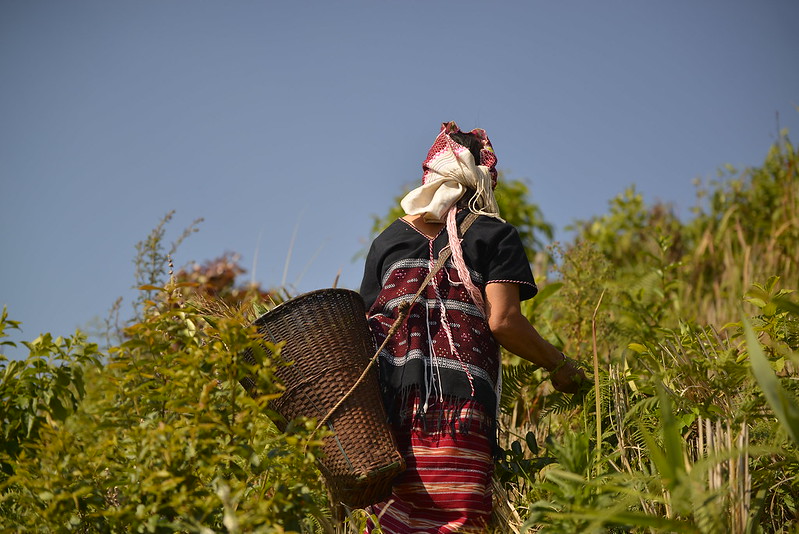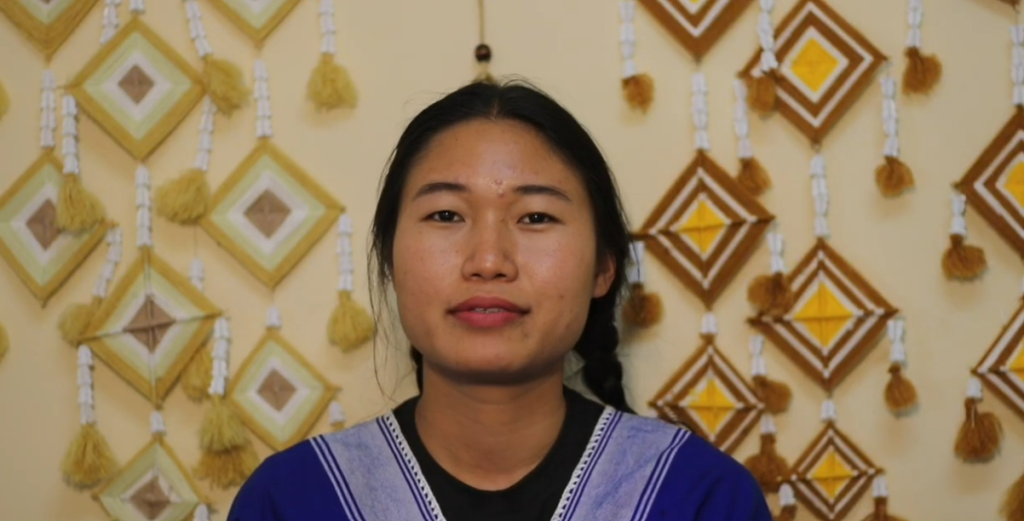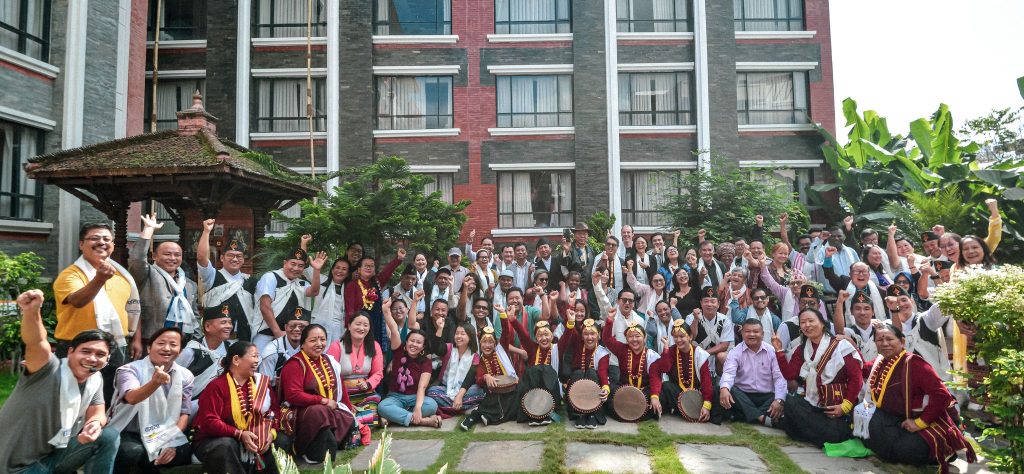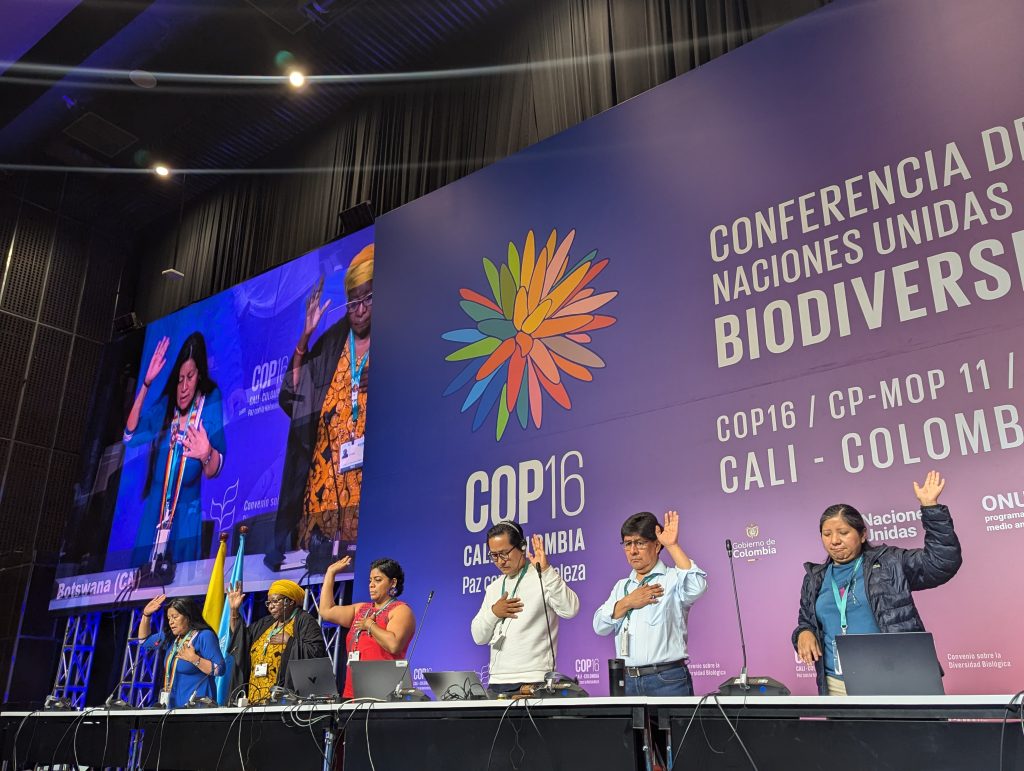The Asia Indigenous Peoples Pact (AIPP) is a regional organization founded in 1992 by indigenous peoples’ movements. AIPP is committed to the cause of promoting and defending indigenous peoples’ rights and human rights and articulating issues of relevance to indigenous peoples.
They work to secure the rights of and enable the progressive growth of the Indigenous Peoples (IPs) of Asia through effective engagements, innovative partnerships, and inclusive actions to empower, uplift and secure the rights, dignity and adaptive capacities of communities.
At present, AIPP has 46 members from 14 countries in Asia with 18 indigenous peoples’ national alliances/networks (national formations), 30 local and sub-national organizations. Together, their vision is a world where Indigenous Peoples’ (IPs) dignified voices and choices in Asia are recognised, empowered and sustainably progressing with fully secured rights and dignity in an environment of justice, peace and equality.
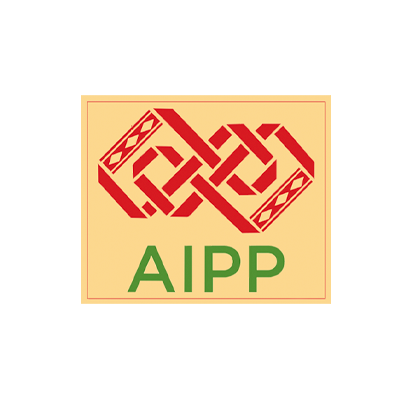
Region: Asia
Website: aippnet.org
X/Twitter: @aippnet
Facebook: Asia Indigenous Peoples Pact
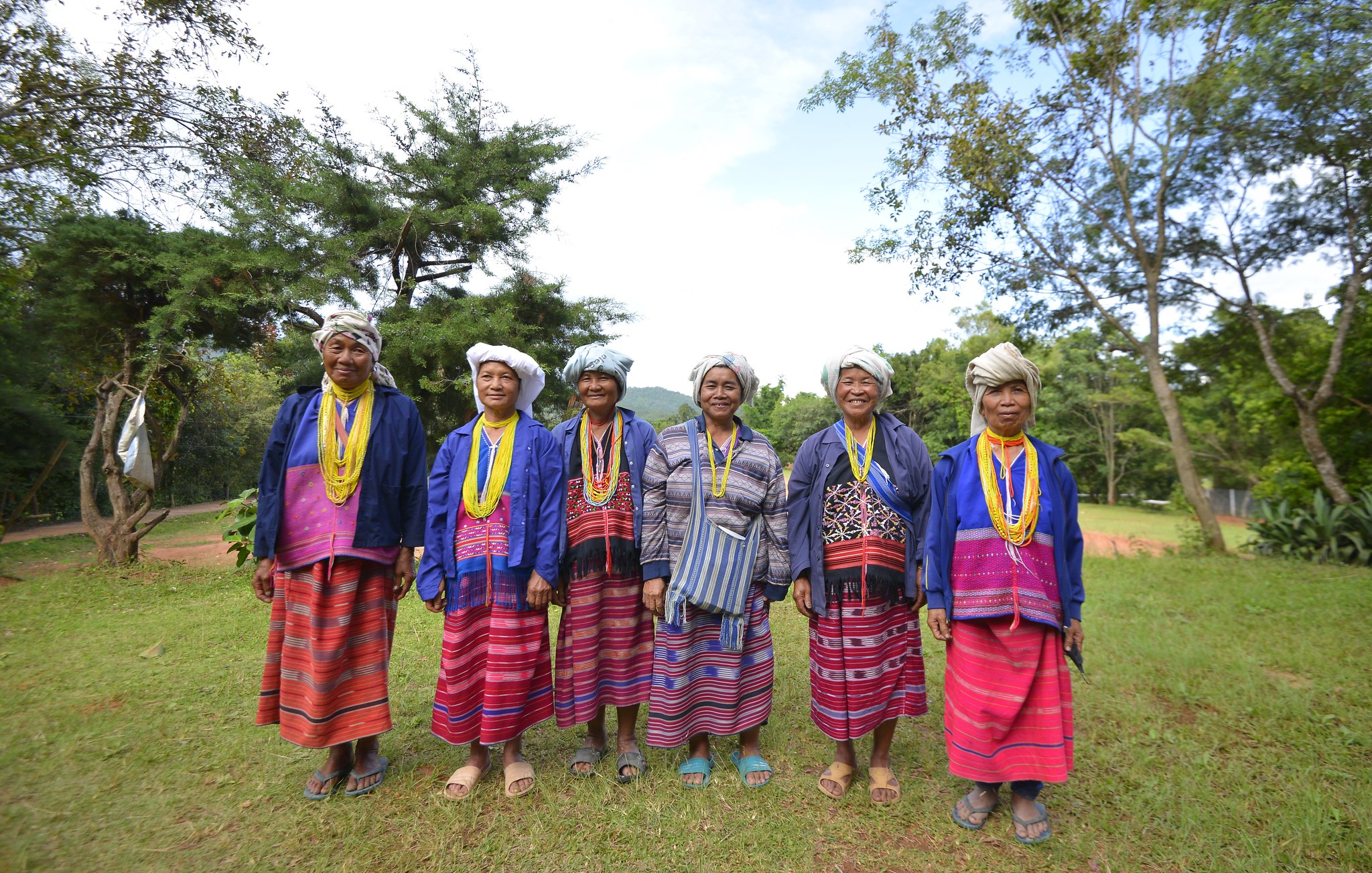
A group photo featuring the knowledge holders of the Indigenous Karen village of Huay Ee Khang. Huay Ee Khang village is in the Chiang Mai Province of Thailand. Photo by Lakpa Nuri Sherpa / Asia Indigenous Peoples Pact (AIPP)
Dashed line
Focus of work in the Transformative Pathways project
Using their established knowledge-sharing networks including Indigenous Knowledge and Peoples of Asia (IKPA), AIPP promotes and supports regional learning and capacity building in Asia, acting as a regional hub for Asian partners in the project and supporting project outcomes being shared more widely in the region.
AIPP also supports global engagement of Indigenous Peoples in the United Nations Permanent Forum on Indigenous Issues (UNPFII), the Conventions on Biological Diversity (CBD) and the Intergovernmental Science-Policy Platform on Biodiversity and Ecosystem Services (IPBES) processes.
